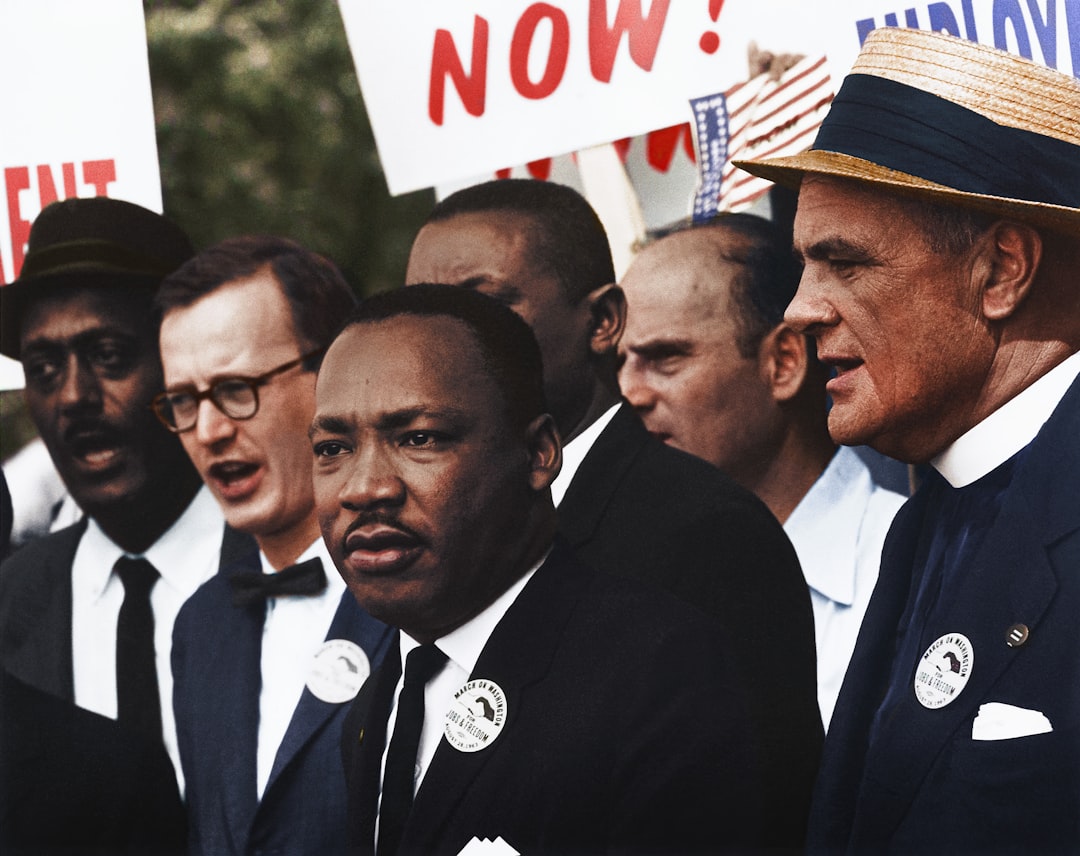MLK wasn’t a myth or messiah. He was just a man—and that’s enough
The worst way to honor King’s legacy is to forget that he was a human being

It’s a little known fact that immediately after Martin Luther King Jr. was assassinated, his staff made sure to get rid of his cigarettes and tell his mistress to go home.
King hid his smoking habit from the public to avoid tarnishing not just his image, but also the Civil Rights Movement he was leading. He also kept it from his children for fear that they might pick up the vice themselves. As for his relationships with women, the reverend was quietly notorious for his extramarital affairs and his sexism. It’s reported that on the night before he died King was with two women, and got into a possibly violent argument with a third.
I don’t bring these sordid details up to vilify or malign King. On the contrary, I do it to revere him in a way his current status as a martyr, myth, and messiah doesn’t allow.
The problem with our desire to canonize figures like King is that the very act undercuts its purpose. These are people we are meant to look to as paragons of courage, perseverance, and wisdom, but the way we idealize their memories and messages makes them inscrutable and unreachable. More than that, putting people up on a pedestal and fiercely preserving their unblemished reputation is a kind of positive dehumanization.
And just like all other forms of dehumanization, this has consequences.
First, and perhaps most obviously, flawlessness is an easy illusion to dispel. If we build a movement, identity, or even an argument on another human being’s immaculate character, we are telegraphing its weakness and inviting its destruction. However noble or worthwhile our endeavor may otherwise be, our opponents can reduce it to rubble by simply revealing the ugly truth. FBI director J. Edgar Hoover was well aware of King’s transgressions and planned to use documented evidence to silence him and his activism. And as I’ve shown here, the truth got out anyway. It is not just futile but misguided to hinge our ideas and actions on lies—especially ones as feeble as the idea of human perfection.
Second, if we are meant to not just admire but also aspire to these figures, why do we take every opportunity to flatten and sanitize their lives and legacies, distancing ourselves from the possibility that we could ever emulate them? We can be very good at believing that those we love are without fault, but most of us are too aware to think the same of ourselves. Given this, what possible identification with an infallible being can mere mortals like you and I have? What hope could we reasonably hold that we can live up to such an ideal? In that framework failure seems inevitable, and it should surprise no one when hopelessness, despondency, and despair aren’t far behind.
We should also consider the fact that glorifying King in this way makes him into a figure not worth admiring in the first place. After all, how remarkable is it, really, for a perfect being to behave perfectly and to speak perfectly wise, intelligent things? What’s expected and granted is seldom also impressive and inspiring. For human achievement to have any significance, we have to recognize it as human to begin with. That’s why it is the very fact that King was not perfect—far from it—that makes his obvious wisdom and monumental accomplishments worth lauding. Without that fundamental and necessarily flawed humanity as a backdrop, King’s exploits barely mean anything beyond their material benefits.
For all our sakes, we should embrace the truth: Martin Luther King Jr. was a chain-smoking, philandering, sexist, and wise pillar of love, goodwill, courage, and unity who led perhaps the most important social movement in American history. Some may bristle at this, but there is nothing about the negative I have acknowledged in that statement that discounts, diminishes, or discredits the positive. The bad emphasizes the good. If someone with such blights on his character can still have the colossal positive impact on our country and culture that King did, it means nothing can stop you and me from doing the same.
Our failures underscore our feats, and that tension is precisely what it means to be human. It is also the true foundation upon which a much-deserved admiration for King should be built. If we fail to recognize that he was flesh and blood, full of faults and flaws just like the rest of us, we aren’t merely failing to see how great his accomplishments were. We are also neglecting our own potential to achieve wonders the way he did, despite all our shortcomings.
It challenges our instincts to think this way, but acknowledging imperfections doesn’t tarnish us—it makes us shine brighter. It also allows these great figures of history to fulfill their true purpose: inspiring us to do, and to be, better.
We welcome you to share your thoughts on this piece in the comments below. Click here to view our comment section moderation policy.
The opinions expressed here do not necessarily reflect those of the Foundation Against Intolerance & Racism or its employees.
In keeping with our mission to promote a common culture of fairness, understanding, and humanity, we are committed to including a diversity of voices and encouraging compassionate and good-faith discourse.
We are actively seeking other perspectives on this topic and others. If you’d like to join the conversation, please send drafts to submissions@fairforall.org.



Knowing his flaws as well as his virtues makes him a more rounded and relatable figure.
Exactly right. And exactly why the current push to remove statues and other remembrances of those who held slaves 200 years ago is equally misguided.